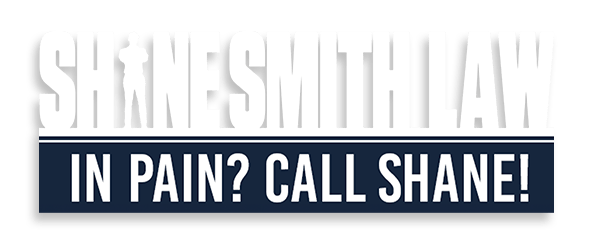The Williams Act, which is part of the federal Security Act of 1934, continues to govern how “tender offers” are handled. The rules governing these transactions are critical in order to fully protect the rights of a corporation, as well as all of its shareholders. Every effort must be made to be sure all offers to buy and sell stocks are fully transparent.
Although many different concerns are involved, here's a look at how specific matters pertaining to such offers should be handled.
Shareholders Should Only Sell Shares Upon Receiving Properly Represented Offers
- Full disclosure usually required. If someone is making a tender offer, this person must be fully prepared to disclose considerable personal information if his purchase (if successful) would mean he would own five percent (5%) or more of the company stock. In addition to his identity, this party must also share detailed information regarding his own financial situation if he is hoping to pay at least part of the purchase fees for stocks with some type of securities (which can include junk bonds);
- Right of withdrawal. Shareholders retain the right to retract their offers to sell their shares as long as the tender offer remains open;
- The “best price” rule. Should a bidder decide he needs to increase the amount he's willing to pay (in cash or securities) to buy shares, he must pay that higher fee to all shareholders who sell to him, including those he's already promised to buy their shares at lower fees;
- All tender offers must be held open for at least 20 days. In addition, if the bidder (or tender offeror) decides to raise the amount he’s willing to pay for shares, he must add an additional 10 days to the offer after he announces his new purchase price;
- “Two-tiered, front-loaded tender offers.” While these can still be made today, they're not very common as they involve a high level of shareholder manipulation or pressure;
- Application of the Hart-Scott-Rodino Act. Like the situation just described above, this Act’s requirements are not often triggered – but for different reasons. The Hart-Scott-Rodino Act only applies to potential stock purchases where one individual has sales or assets worth more than $100 million and another party has sales and assets worth more than $10 million.
Since it isn’t always readily apparent when a shareholder’s rights have been infringed upon during a “tender offer,” be sure to contact your Peachtree City business attorney if you have any questions about protecting your corporate rights as a shareholder.
To obtain help with handling all of your Georgia business planning needs, please contact Shane Smith Law today. You can schedule your free initial consultation with a knowledgeable Peachtree City estate planning attorney by calling: (980) 246-2656

